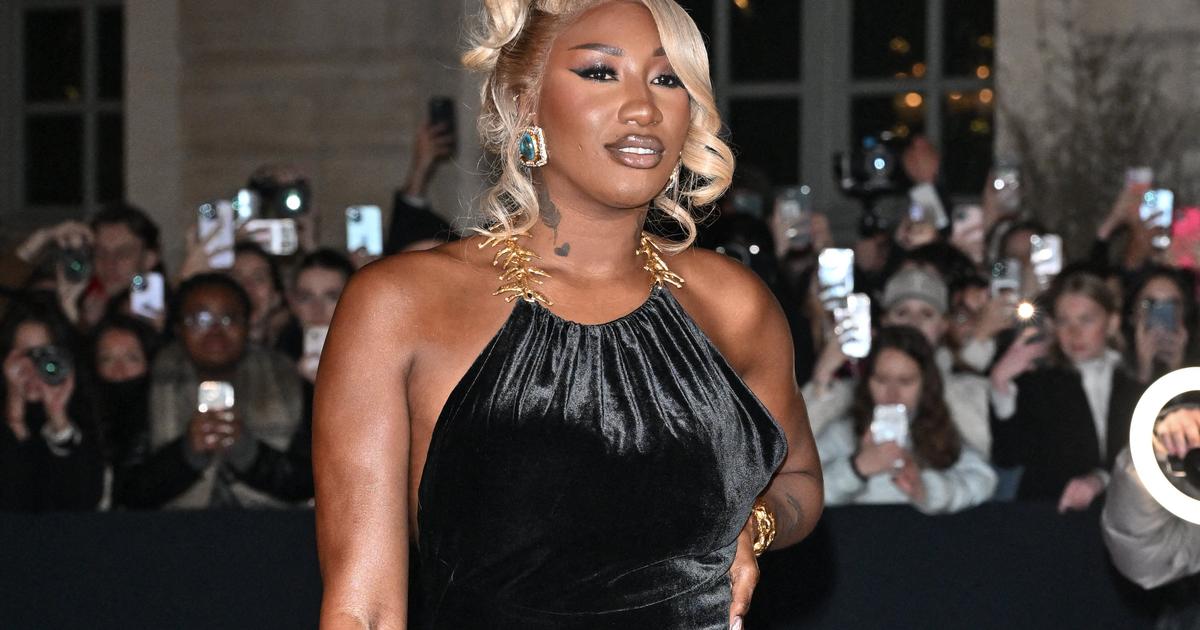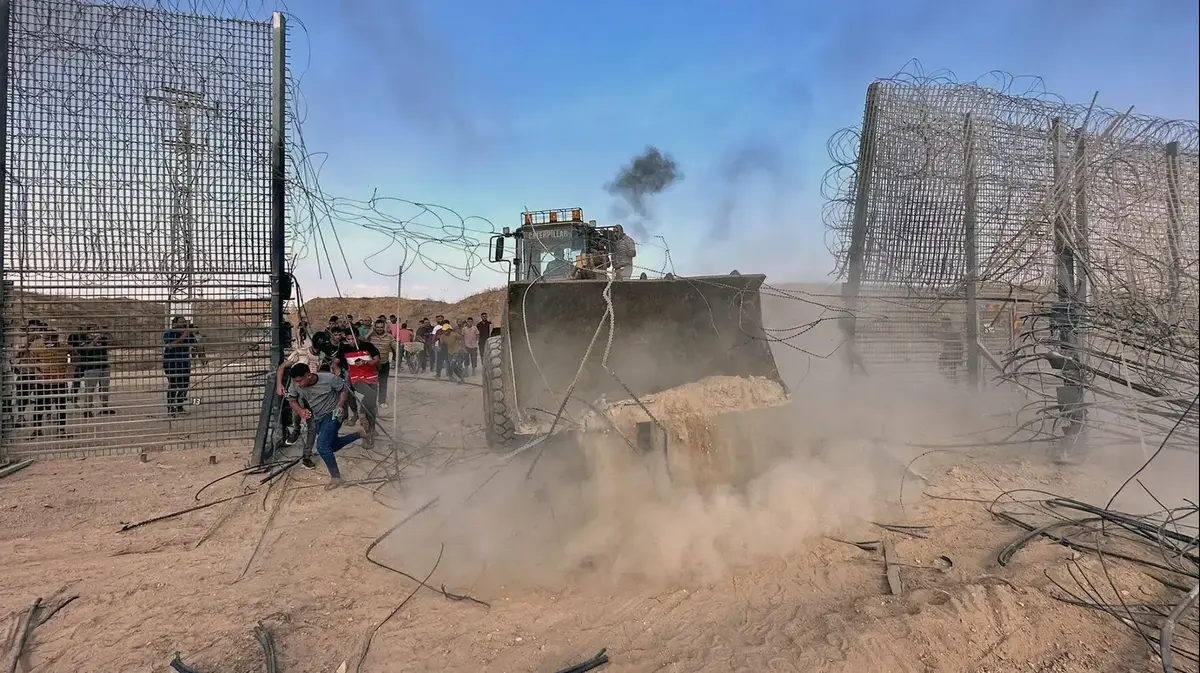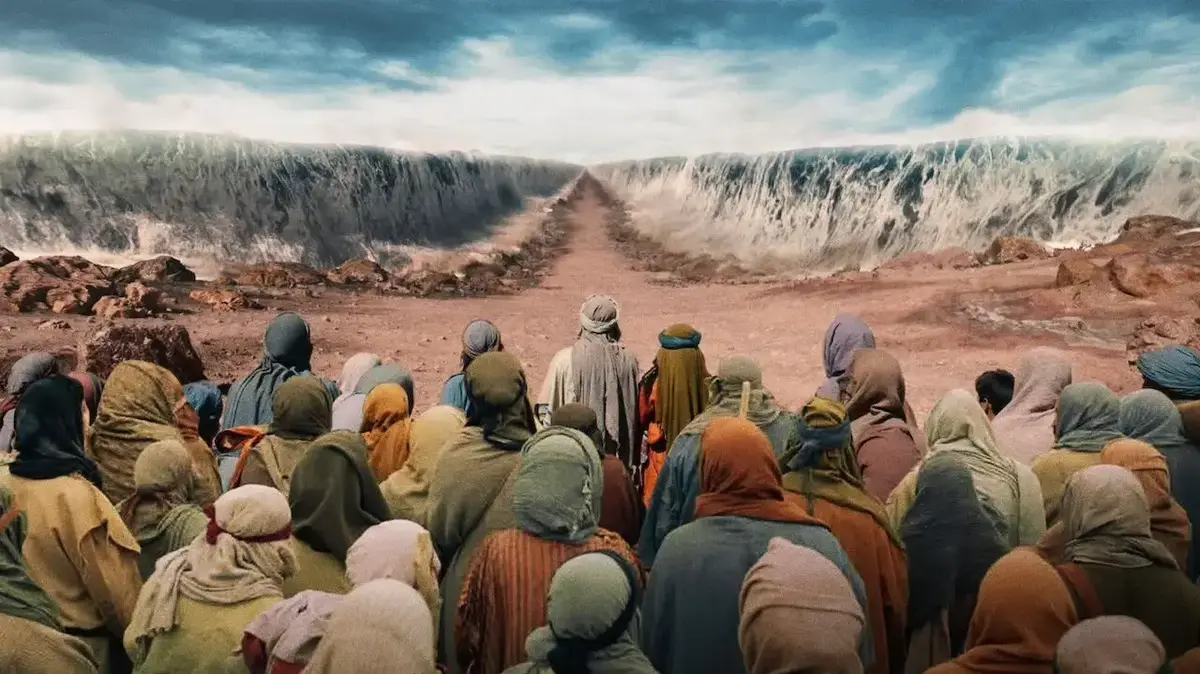The US President and Israeli Prime Minister have been indicted in recent months. Both leaders, Netanyahu and Trump, argue that officials deeply rooted in government officials are trying to oust them. Both do not deny most of the facts, but deny the connection between the facts or their motives or attributions In fact, they both point to a filthy process.
But despite the similarities between the two cases, there is a fundamental difference: Unlike the citizens of the United States, the Israeli public and its representatives are completely oblivious to the state leader's ouster.
In Israel, those who have decided to open the investigation against the prime minister and continue to indict him are a limited number of public officials. While those who decide to launch an anti-Trump investigation and later to indict are 435 members of the House of Representatives, representing all U.S. citizens.
In the United States, the impeachment investigation, which is the previous stage of the indictment, will be conducted publicly and in the public eye. While in Israel, the public receives leaks from interrogation rooms and pieces of information, but is not at all exposed to the full story.
In the United States, two votes must be cast over President Trump's impeachment, which means indictment: one in the House Judiciary Committee, and only if it passes, will there be a plenary vote of all House members. During the impeachment process, members of Congress return to their constituencies every weekend And need to explain to the public why they are concerned about impeaching the president instead of promoting policies that will improve their lives. There are now signs that the need to account for voters puts some Democrats in an uncomfortable position.
In Israel, after the end of the police investigation and recommendation, a hearing is held where the prime minister and his lawyers can make arguments against indictment. The process is taking place behind closed doors with a limited number of state officials. The public is not exposed to the process and its content at any stage.
In the U.S., a majority in the House must oust the president (read: indictment). Despite the indictment, the president continues to hold office. The president's impeachment trial is in the Senate, and the president of the Supreme Court is the judge, and a hundred senators are considered the jury. President - To convict the president, two-thirds of the Senate - 67 senators - need to be voted in. It's a high and hard-to-reach bargain - usually there's no party that holds a two-thirds majority in the Senate, so that to convict a president is bipartisan support. In which the President is accused of being exceptionally severe and his guilt has been proven above and beyond any doubt - so high numbers of senators can be obtained In convicting the President.
Like the House of Representatives, Senate members must also account for the voter as to why they voted for or against the president's conviction. Citizens elect the president, and the Senate is about to make the decision - is that justified?
Whether they support Netanyahu or not, the fact that the Israeli public and its representatives are aware of a process whose political significance is the ousting of a prime minister of their choice deserves further consideration - especially in the face of the publicity of the US proceeding, and the accountability of everyone involved to the US voter.
Gideon Israel is president of the Jerusalem-Washington Center that promotes US-Israel cooperation
For more views of Gideon Israel







